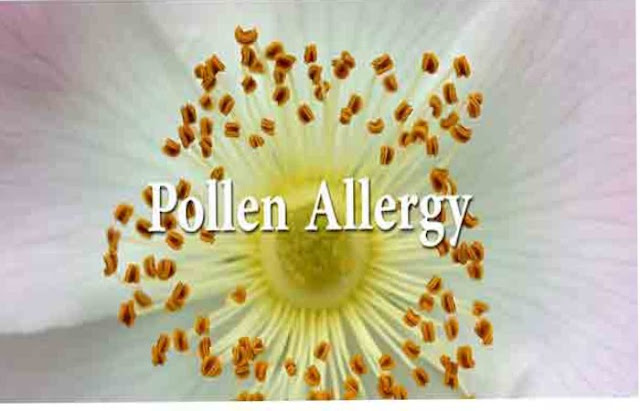Birch pollen allergy is a common condition that touches a significant portion of the population, particularly during the spring season. This allergy is triggered by the pollen released from birch trees, leading to a range of symptoms in susceptible individuals. Understanding the causes, recognizing the symptoms, and adopting preventive measures are crucial for managing this condition effectively. Additionally, various treatment options can help alleviate the discomfort associated with birch pollen allergy.
Symptoms of Birch Pollen Allergy
Birch pollen allergy manifests through a variety of symptoms
that can impact the respiratory and immune systems. Individuals allergic to
birch pollen may experience sneezing, nasal congestion, and a runny or itchy
nose. Respiratory symptoms can extend to the lower airways, causing coughing,
wheezing, and shortness of breath. Ocular symptoms, such as red and itchy eyes,
are also common.
In some cases, birch pollen allergy can lead to more severe
reactions, including asthma exacerbation or allergic rhinitis. It's essential
for individuals experiencing these symptoms to seek medical helpfulness for
proper diagnosis and management.
Causes of Birch Pollen Allergy
Birch pollen allergy is an immune system response to
proteins found in birch tree pollen. When individuals with this allergy come
into contact with birch pollen, their immune system mistakenly identifies it as
a harmful substance and releases chemicals, such as histamines, triggering
allergic symptoms. Genetic factors play a part in predisposing individuals to
allergies, and environmental factors, such as exposure to high levels of birch
pollen, contribute to the development of birch pollen allergy.
Prevention Strategies
Preventing exposure to birch pollen is a key component of
managing the allergy. During peak pollen seasons, individuals can take several
measures to minimize exposure, such as keeping windows closed, using air purifiers,
and avoiding outdoor activities during high pollen counts. Wearing sunglasses
and using allergen-proof bedding can help reduce eye and respiratory symptoms.
Treatment Options
Various treatment options are available to manage birch
pollen allergy. Antihistamines, decongestants, and nasal corticosteroids are
commonly used to relieve symptoms. Allergy immunotherapy, or allergy shots, is
another effective long-term treatment that involves exposing the individual to
gradually increasing amounts of birch pollen to desensitize the immune system.
In severe cases, a healthcare earner may prescribe
bronchodilators or other medications to manage respiratory symptoms. It's
crucial for individuals with birch pollen allergy to work closely with their
healthcare providers to develop a personalized treatment plan.
Unveiling the Health Benefits of Birch Pollen
While birch pollen is widely known for triggering allergies
in susceptible individuals, it may come as a surprise that this natural
substance also offers several health benefits. Beyond its role as an allergen,
birch pollen contains various compounds that contribute to its potential
positive effects on health.
Nutrient Content
Birch pollen is rich in nutrients, including vitamins,
minerals, & amino acids, which are essential for overall well-being. It
contains vitamins such as vitamin C, known for its antioxidant properties that
help combat oxidative stress and support the immune system. The presence of
minerals like zinc and magnesium further enhances birch pollen's nutritional
profile, promoting various bodily functions.
Anti-Inflammatory Properties
Research suggests that birch pollen possesses anti-inflammatory
properties, thanks to bioactive compounds like quercetin and rutin. These
compounds may help reduce inflammation in the body, potentially providing
relief for conditions associated with chronic inflammation, such as arthritis
or inflammatory skin disorders.
Immune System Support
Birch pollen contains beta-glucans, which have been shown to
modulate the immune system. These compounds may help regulate the immune
response, promoting a balanced and properly functioning immune system. By
supporting immune function, birch pollen may contribute to overall health and
help the body defend against infections and diseases.
Potential Antioxidant Effects
The antioxidants present in birch pollen, including
flavonoids and phenolic compounds, contribute to its potential protective
effects against oxidative stress. Antioxidants neutralize free radicals in the
body, reducing cellular damage and supporting overall cellular health. This may
have implications for aging and the prevention of various chronic diseases.
Conclusion
Birch pollen allergy is a prevalent condition that
significantly influences the quality of life for affected individuals. Sympathetic
the symptoms, causes, and available treatment options is essential for
effective management. By adopting preventive measures and seeking appropriate
medical guidance, individuals with birch pollen allergy can reduce the influence
of this condition on their daily lives and enjoy a healthier, more comfortable
lifestyle.

Comments
Post a Comment